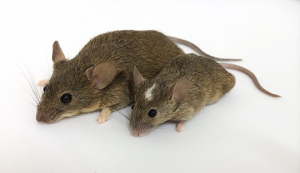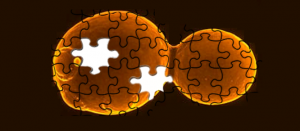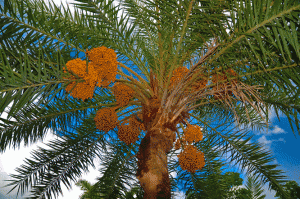Enter your address to receive notifications about new posts to your email.
Articles by Sarah Bay (41 results)
-
Examining gene expression in the maternal brain
Expectant mothers undergo vast physiological changes during pregnancy and in the months following the birth of their children. In humans, fat and total body water increase; plasma protein concentrations decrease; and blood volume, cardiac output, and blood flow to the kidneys increase. We know that these processes are controlled by the central nervous system. What…
-
Make Me a Match: biomedical networking for rare disease gene discovery
A Canadian network focused on rare diseases is playing matchmaker between clinicians and model organism researchers. Over half of children with rare, inherited monogenic diseases lack a molecular diagnosis. There are an estimated 7,000 monogenic diseases possible, and only about half of those have been implicated in human disease. The Rare Diseases: Models & Mechanisms…
-
Inherit the Wand: The Genetics of Wizardry in Harry Potter
Scientists are known for being critical thinkers, experimental experts, and data enthusiasts. It’s probably no surprise that many of us are also undeniable nerds. Eric Spana, Assistant Professor of the Practice in Biology at Duke University and long-time GSA member, is no exception. “We all have some type of nerd-ism, whether it’s Harry Potter, Marvel,…
-
Rodents of unusual size: Genetic complexity underlies evolution of body size in island mice
Genetic analysis of an island population of mice reveals that 19 quantitative trait loci are responsible for their impressive size. Island populations of animals, isolated from their mainland relatives, have given us insight into evolution from the very birth of the field. In fact, studying finches on the Galápagos Islands helped Charles Darwin establish…
-
Authentic ethics in synthetic biology
While the science behind the synthetic yeast genome project is cutting edge, the ethical questions surrounding it aren’t new. The scientists of the Sc2.0 project have a goal that sounds akin to science fiction – they’re working toward building a completely synthetic yeast genome. This new strain of Saccharomyces cerevisiae, affectionately named Sc2.0, will be…
-
Speeding up PCD diagnosis with whole-exome sequencing
Primary ciliary dyskinesia (PCD) is a disorder characterized by chronic respiratory distress that has a history of going undiagnosed. Combined whole-exome sequencing (WES) and copy-number variant (CNV) analysis can aid in diagnosing patients with PCD, according to research published in G3 this month. PCD arises from mutations in cilia-associated genes—and results from the paralysis of…
-
A “date” with the history of Phoenix dactylifera cultivation
The sticky fruit of the date palm has a tangled history. New research in G3 explores the palm’s genetic diversity and traces its earliest cultivation to at least two distinct regions in North Africa and the Arabian Gulf. The date palm (Phoenix dactylifera) is one of the world’s oldest cultivated trees and has close ties…
-
A genomic balancing act
Allelic expression in the mouse genome is surprisingly unbalanced, according to new research published in the June issue of GENETICS. The factors that determine how a gene is expressed in a given cell are complex. After all, every mammalian cell contains two copies of each gene, and both versions of that gene, called alleles, play…






![By Louisa Howard, Michael Binder [Public domain], via Wikimedia Commons" width="666" height="532" />](https://s43361.pcdn.co/wp-content/uploads/2015/09/Bronchiolar_area_cilia_cross-sections_1-300x240-300x240.jpg)

